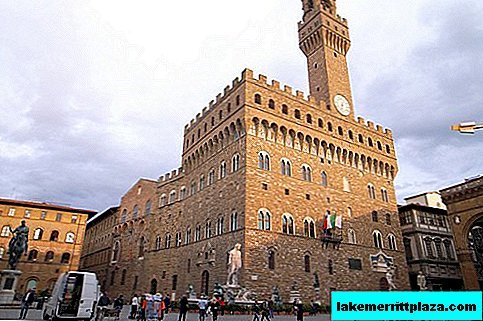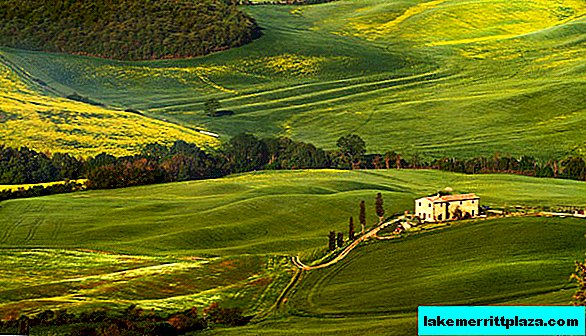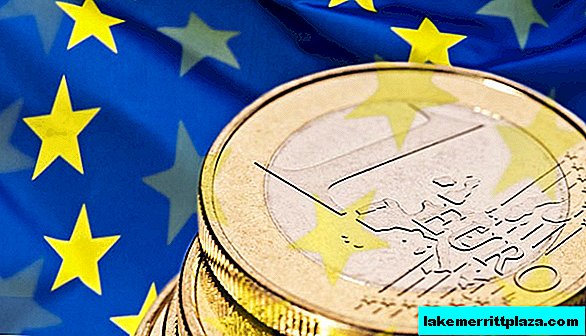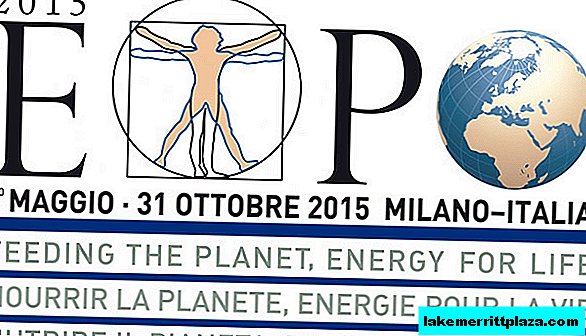When I first arrived in Italy, I was sitting in one of the cozy cafes on the Rimini promenade and did not know how to ask for a cup of coffee. The slender brunette waitress looked at me piercingly for a long time, smiled, and then came up and asked "caffè"?

Yes, I really wanted coffee! Burning, fragrant, a little bit bitter and leaving a pleasant aftertaste. And it would be great, putting aside the Italian menu, smile at her and say: "Si! Vorrei ordinare una tazza di caffè!" or just "Cappuccino, per favore!" Instead, I just had to point to the line of the offered drinks and desserts of the menu and sing to myself a song familiar from childhood.
Only a few months later, returning home from a Moscow cafe in the torrential autumn rain, I caught myself thinking that I had known some Italian words for a long time. And that uncomfortable situation for me with a lack of knowledge of the Italian language could turn into a joke, give me a song to the waitress. She would have understood me for sure.
To be honest, we all speak a little Italian, and since childhood. Check on just one sentence? And then do not say that you never read this bedtime story!
"Cipollino era figlio di Cipollone e aveva sette fratelli: Cipolletto, Cipollotto, Cipolluccio e così di seguito, tutti nomi adatti ad una famiglia di cipolle"
"I am a cheerful Cipollino, I grew up in Italy. Where oranges, and lemons, and olives ripen ..." Remembered?
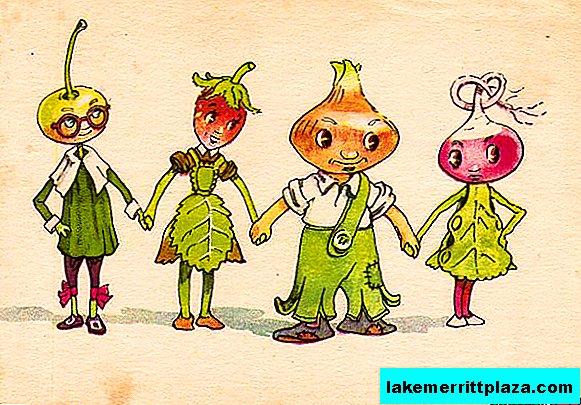
Italian is impossible without history! It is everywhere: in Roman fountains and Venetian gondolas, in the Verona courtyard of Juliet and the seemingly plain-looking building of La Scala, Milan. The small town of Omenia has its own history. It was here, in northern Italy, on the shore of a small lake d'Orta, more than 90 years ago, the boy Gianni was born, the author of the tale of the onion boy and his friends, fruits and vegetables. By the way, a great way to practice the names.
Practice it? Onions - cipolla, lemon - limone, tomato - pomodoro, wild strawberry - fragoletta, potato - patata, carrot - carota, pepper - peperone, mandarin - mandarino, banana - banana.
The Italian language is good and understandable to us by the fact that many words are read as they are written. We emphasize the penultimate syllable and begin to speak Italian.
Following Cipollino, we recall another Italian character. No, not Pinocchio, but the Pinocchio boy. Its author, Carlo Lorenzini (Italian: Carlo Lorenzini), was born in Florence in 1826. After 30 years, the writer changed his real name to the pseudonym Collodi (itl. Collodi) in honor of the name of a small village where his mother was born. The tale of the wooden boy was called "Le avventure di Pinocchio. Storia d'un burattino". A "Pinocchio" from Italian translates as "doll."

Both Cipollino and Pinocchio have similar fates: both grew up in large families who did not bother to invent names for themselves. A friend of the woodworker who sawed Pinocchio told the following story: “Once I knew the whole Pinocca family: my father's name was Pinocchio, my mother was Pinocchia, the children were Pinocchio, and everyone felt great.”
As is known from the Russian version of the tale, Pinocchio was very curious and once pierced the cauldron painted on canvas with his long nose. I really wanted to eat.
By the way, the next day, after my not-so-successful history of ordering coffee, I went to the beach in the morning. Just past that cafe. The owner of the establishment ran out to meet me. A broad smile shone on his face. Touching the tips of the fingers of my shoulder, he looked into my eyes and said quietly, "Ciao!" On the table, especially for me, there was already a hot cup of coffee.
“Ciao!” Say the Italians, saying hello. “Ciao!” They say, saying goodbye until the next soon meeting. And in this, it seems to me, there is a special charm.



